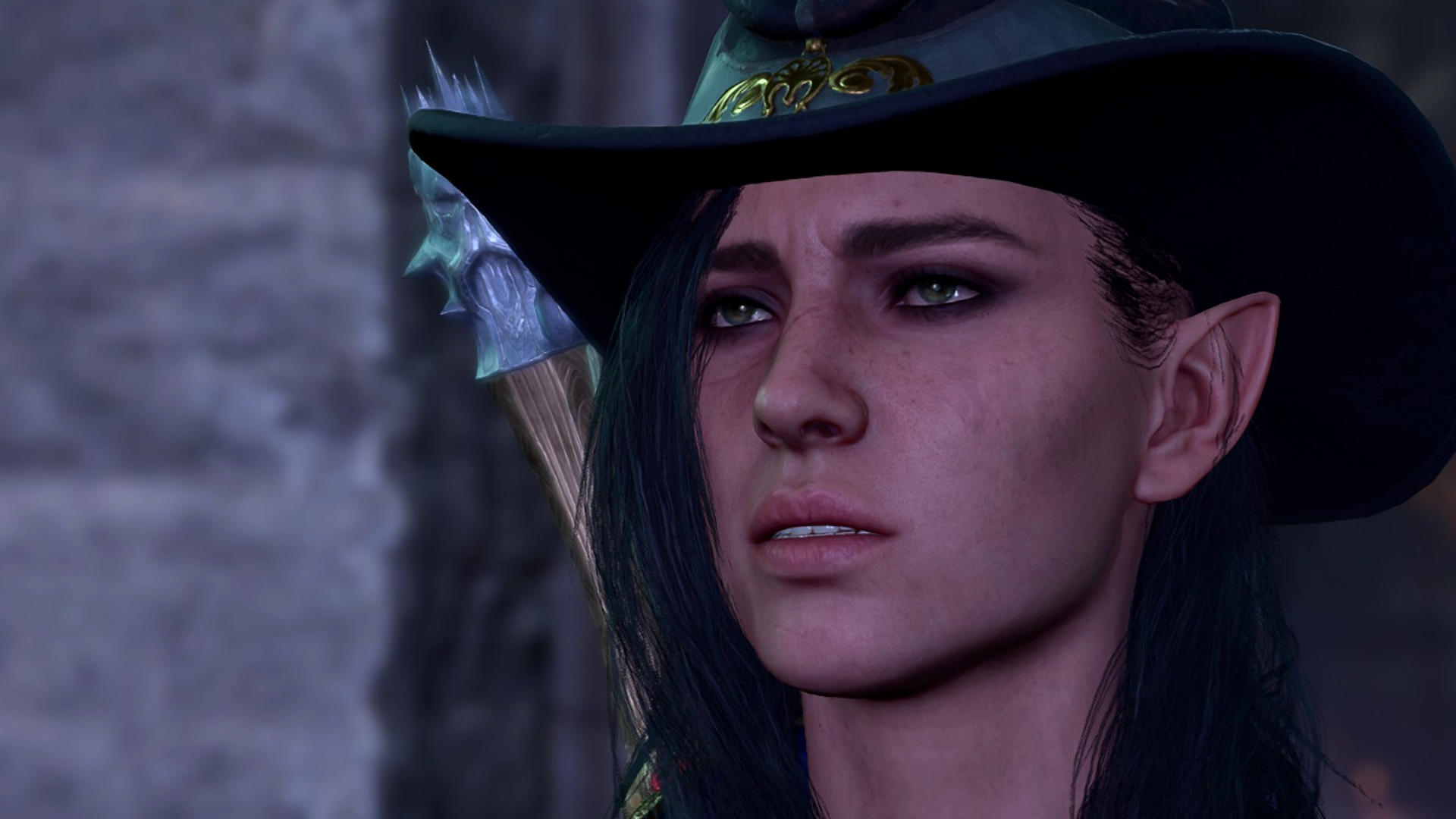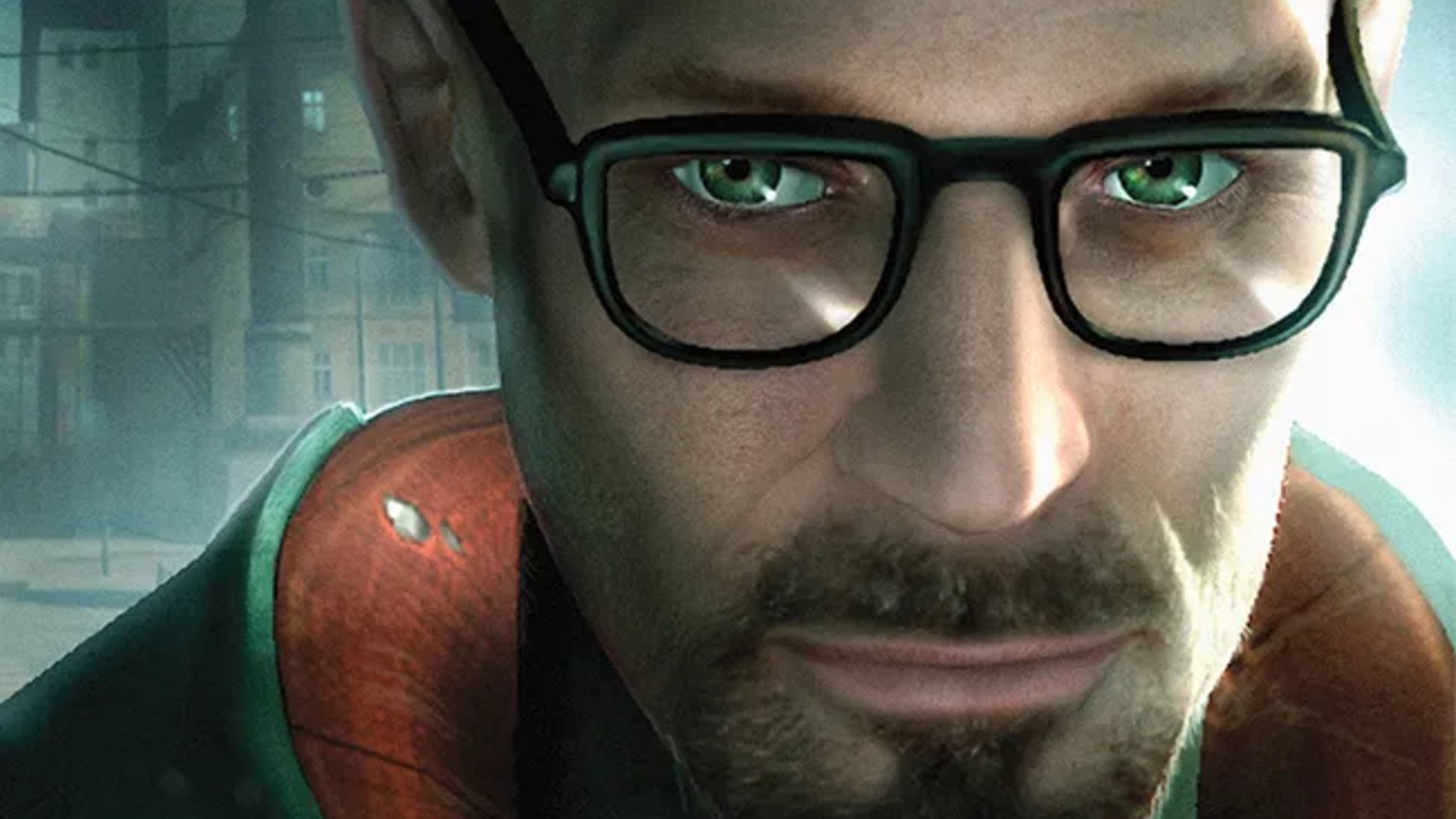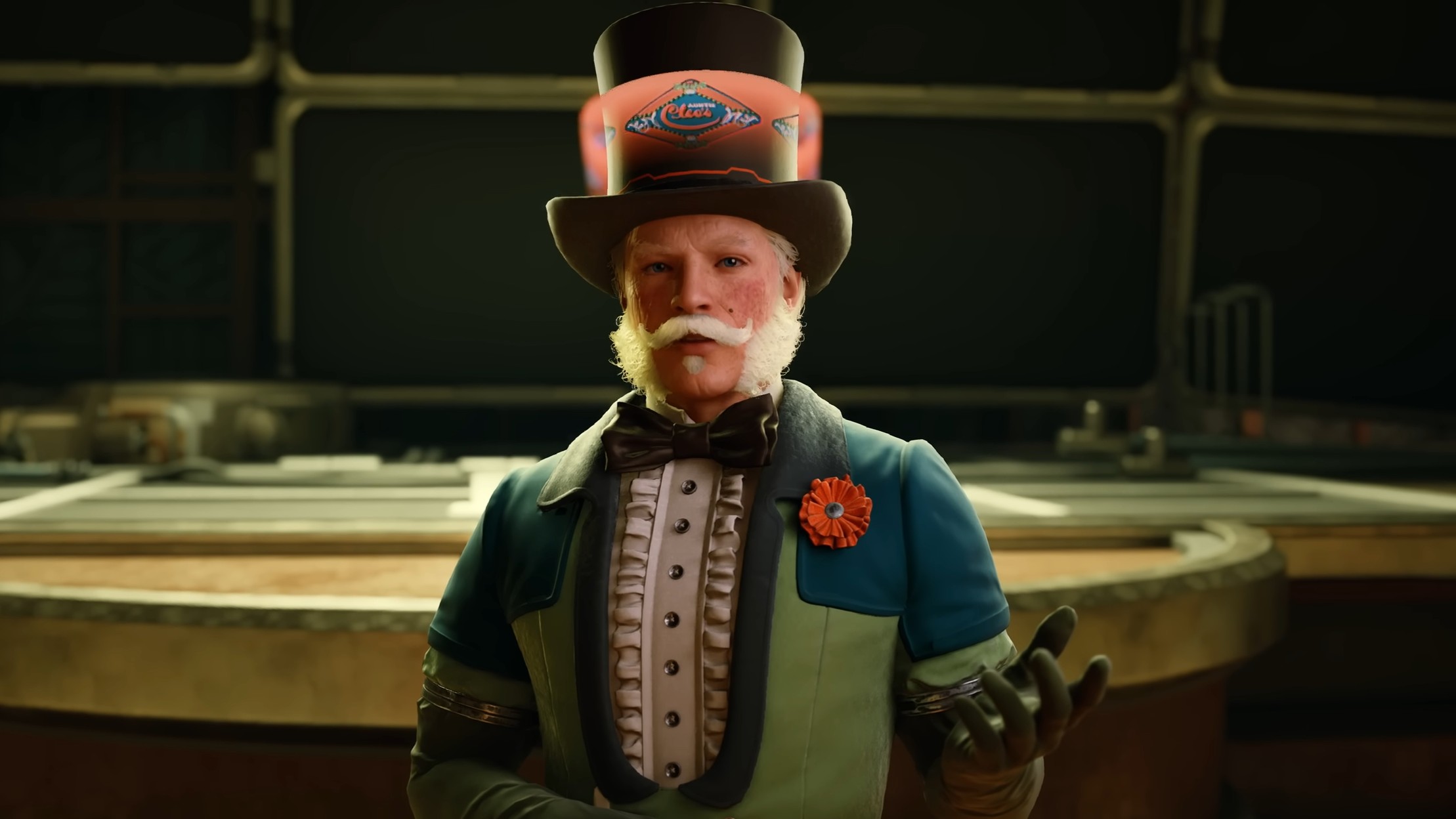
"Hasbro is in fact making videogames."
Unless you’ve been living under a rock, you’ll know that Baldur’s Gate 3 did well—winning just about every major Game of the Year award, starting industry-wide conversations about the quality of videogames, and getting one of our highest-ever review scores.
It’s also done remarkably well as a licensing deal for Hasbro, which owns Wizards of the Coast, which created Dungeons & Dragons 5th edition—the tabletop rules system Baldur’s Gate 3 is built on top of.
Unfortunately for said company, Larian’s moving onto different, if not greener pastures—but Dan Ayoub, head of digital product development at Wizards of the Coast, says there’s no plans on stopping the company’s forward march: “Hasbro is in fact making videogames … we have a considerable investment in our studio structure; we’ve got over $1 billion in games right now being developed.”
That’s as per a recent interview with GamesIndustry.biz. Ayoub continues, arguing that Hasbro’s MO has “always been about play, it’s always been about entertaining people. And gaming is the predominant form of entertainment for a lot of people, and it’s something that just continues to grow.”
This does feel like a bit of a strange revelation to have now—TTRPGs and RPG games have always shared a lot of DNA, especially considering one essentially came from the other. Baldur’s Gate 3 was hardly the first entry in the franchise, after all, and there are plenty of classics like Neverwinter Nights and Vampire: The Masquerade Bloodlines that have their roots firmly in dice, pen and paper. Heck, Cyberpunk 2077 is spawned from a TTRPG product.
“One of the great things we took from the success of Baldur’s Gate 3 is that people really, really like a great, well-executed D&D game,” muses Ayoub in the same way you might marvel out-loud that water is wet. Alright, I’m being a little uncharitable there.
BG3 is absolutely landmark in its quality, and certainly a far cry from CRPGs of yore which mostly took place in text boxes and crunchy stat sheets—nothing wrong with that, but even the most hardcore of CRPG fans’d likely concede that kind of thing hardly screams ‘mass appeal’.
Ayoub proceeds to discuss plans for Hasbro’s upcoming GI Joe game, as well as Exodus—an original, mass-effect adjacent IP shown off at The Game Awards last year. It’s being made by Wizards of the Coast’s development studio Archetype Entertainment, with BioWare vet James Ohlen at the helm.
“What we’re trying to do there is have the tail wag the dog a little bit and have things going the other direction for the company, which would be something new, where we can create a new IP through video games and then take advantage of the size and scale of Hasbro to do other things with it as well.”
As for Baldur’s Gate 3, Ayoub considers it a “fantastic example of execution of the brand in an authentic way … the players came. They loved it and are asking for more. And I think you can see that with other brands as well.”
(Image credit: Larian Studios)
As I wrote earlier in the year, I find myself a little sceptical about the success of Baldur’s Gate 3 being down to some ephemeral strength of the brand—though being a D&D game certainly helped. Rather, it was a game that took off because of the hard work of the people actually making it. Ayoub’s comments especially hit strangely, considering Hasbro as a company laid off most of the original people involved in brokering that deal last year.
Still, Ayoub promises that “everything’s going to stay in the oven as long as it needs to, we’re not going to rush anything out … Videogames are an integral part of Hasbro’s strategy going into the next 100 years.” Here’s to a century of tie-ins—at the very least, if Wizards of the Coast continue to select talent well for their projects, I’m open to the possibility they could continue to be good.






